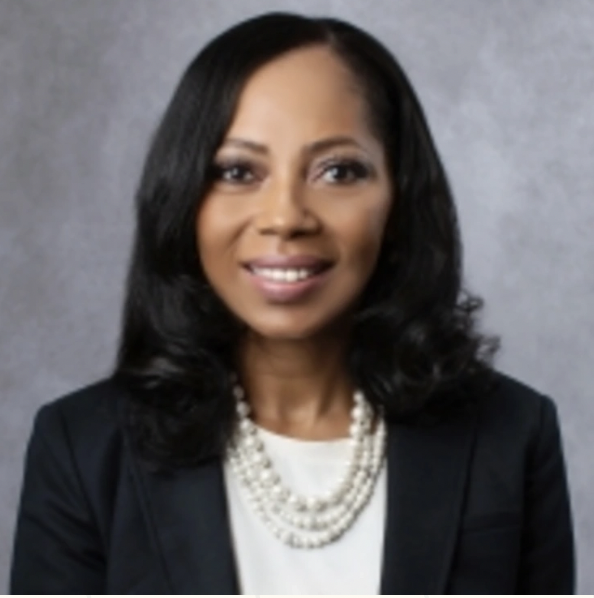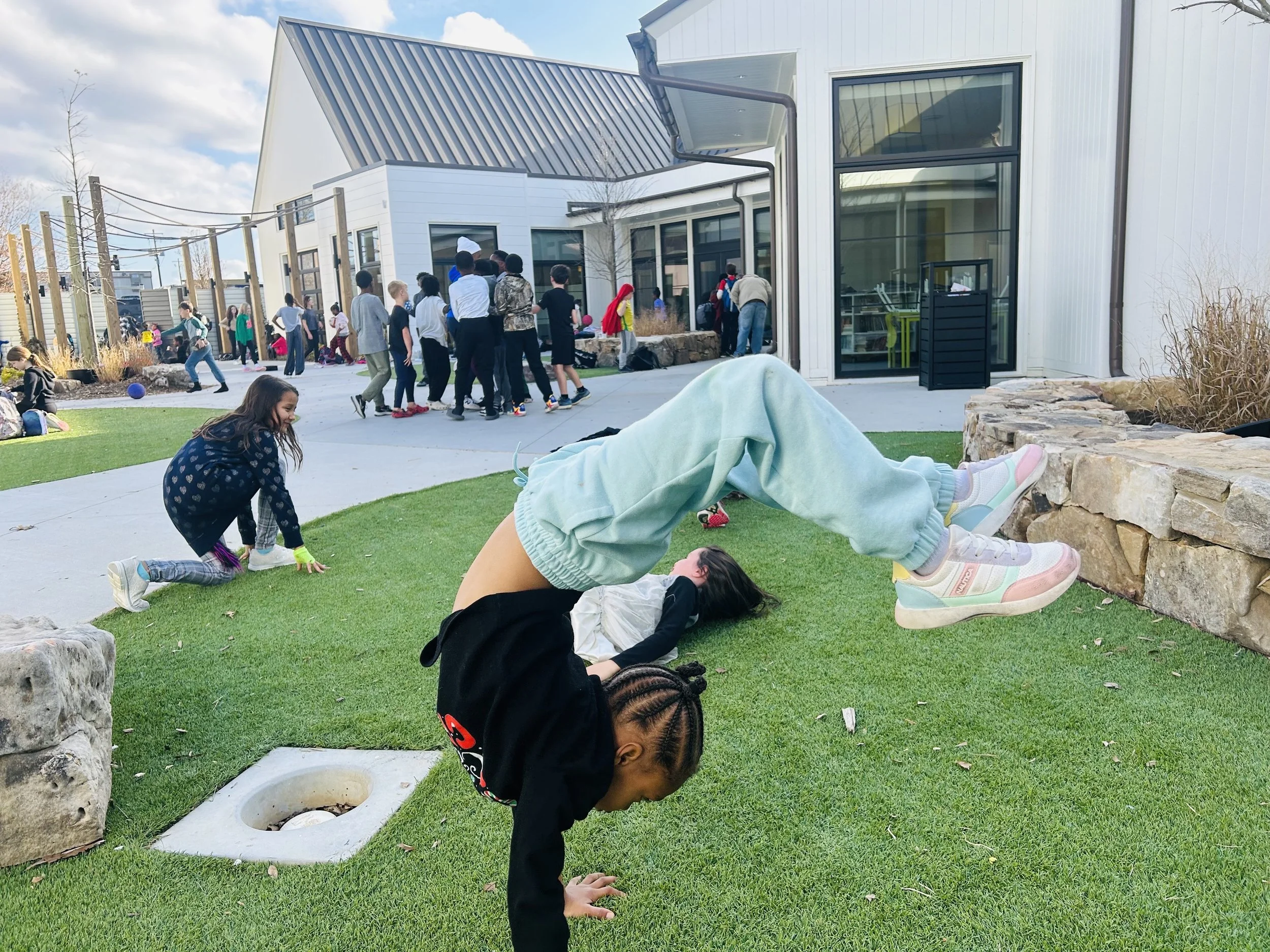Microschool Institute
Co-Credentialed by Penn GSE + The Institute for Self-Directed Learning
Registration deadline
December 19, 2025
Duration
90 minutes
Cost
$3,500
Modality
Online
Cohort dates
Thursday, January 15, 2026
Thursday, January 2026
Tuesday, February 3, 2026
Thursday, February 5, 2026
Tuesday, March 3, 2026
Thursday, March 5, 2026
Tuesday, March 17, 2026
Thursday, March 19, 2026
Tuesday, April 21, 2026
Thursday, April 23, 2026
Meet our leaders
Dr. Tyler Thipen
Co-founder
Tyler grew up in Georgia and has worked in innovative district, private, and charter schools, as well as statewide and national nonprofits. Tyler is co-founder and CEO of The Forest School: An Acton Academy in Trilith, The Forest School Online, and the Institute for Self-Directed Learning, Academic Director at the University of Pennsylvania Graduate School of Education, and Guest Lecturer at the Harvard Graduate School of Education. Formerly, Tyler was partner at Transcend, a national nonprofit in school redesign, and worked closely on innovative school projects such as nXu, Whittle, The Academy Group, Washington Leadership Academy, Art in Motion, Hebrew Public, Teton Science's Place Network, EL Education, and the Brooklyn STEAM Center. Tyler also co-founded MENTOR Georgia, Transforming Teaching at Harvard, and the Chattahoochee Hills Charter School. Earlier, Tyler worked as head of the upper school at The Mount Vernon School in Atlanta, Spanish teacher in Gwinnett County public schools, and minister at the Grace family of churches where he led international development in Peru in areas of healthcare, education, poverty reduction, and infrastructure. Tyler holds a doctoral degree in education leadership from Harvard Graduate School of Education, a master’s in public administration from Harvard John F. Kennedy School of Government, and a master’s in theological studies from Regent College of the University of British Columbia. Tyler has written about the future of learning in the Washington Post, Education Week, Atlanta Journal-Constitution, Getting Smart, and others. Tyler lives with his four children, all of whom attended The Forest School, in Trilith, GA.
Dr. Caleb Colllier
Co-founder & Head of Research
Caleb Collier is a co-founder and Head of Research at The Institute for Self-Directed Learning. He is also a Postdoctoral Fellow at the University of Virginia’s Institute for Advanced Studies in Culture. He has written extensively on Self-Directed Learning and is the author of Theoretical and Historical Evolutions of Self-Directed Learning: The Case for Learner Led Education (Routledge, 2023). His interests lie in the intersections between self-directed learning, character education, and human flourishing.
Dr. Jessica Richard
Co-leader of the leadership track
Jessica Richard is the Associate Director of the School Leadership Program. Since completing graduate studies in Educational Administration, Jessica’s continued focus has been on the building of healthy organizational structures and cultivating a foundation of excellence in instructional development and curriculum. Her expertise lies in creating instructional coherence, cultivating strong teams, designing systems and programming for community engagement, and building quality educational leadership standards that support student achievement.
With over twenty years of experience, Jessica excelled within primary and secondary (K-12) education serving in various leadership capacities throughout Pennsylvania and New Jersey, culminating with nine years as a Principal and Chief Academic Officer. During her tenure, she and her staff established strong routines for continuous development at every level of the school system, strengthened core instructional programs, improved the percentage of students reading on or above grade level by over 50%, and established powerful one-of-a-kind partnerships with parents and community leaders that deepened the district’s local relationships and influence. Jessica, in partnership with the community she served, also introduced a bold agenda for the future grounded in a commitment to student achievement and teacher performance. She was named the Dobson FIM 2013 Principal of the Year and is a member of the PA Association of Elementary and Secondary School Principals.
Jessica has also previously led all operations of a community faith-based nonprofit organization with initiatives aimed at addressing the needs of Southern New Jersey communities with a focus on after-school arts programming, educational resources for parents and teachers, mental health programming, food pantries and mobile food distribution centers in underserved communities, and planning large events that fostered civic engagement.
Dr. Charlotte Jacobs
Co-leader of the teaching and learning track
Charlotte E. Jacobs, as the director for the Independent School Teaching Residency program (ISTR), leads the design and execution of a residency-based teacher education program that involves close partnership with over 20 schools. Dr. Jacobs also teaches a course on adolescent development in the Urban Teaching Residency program at Penn GSE.
Dr. Jacobs earned her bachelor’s degree in Psychology and Spanish Literature & Language from Columbia University and a master’s degree in Education focusing on middle school humanities from Lesley University and the Shady Hill Teacher Training Course located in Cambridge, Massachusetts. Dr. Jacobs taught seventh grade humanities at the University of Chicago Laboratory Schools in Chicago, Illinois, and was a faculty member of the NAIS Student Diversity Leadership Conference before matriculating to the University of Pennsylvania to earn a Ph.D. in Teaching, Learning, and Teacher education.
Dr. Jenny Zapf
Co-leader of the leadership track
Jenny Zapf, Ph.D. is a Senior Fellow and the Founding Director of the world’s first M.S.Ed. and M.S.Ed.-MBA in Education Entrepreneurship at the Graduate School of Education and the Wharton School of Business. Dr. Zapf also is the Co-Founder and Faculty Director of Penn GSE’s virtual certificate program in Global Education Entrepreneurship & Innovation
Dr. Zapf is a global leader in education innovation. She has trained thousands of education, business, and industry professionals to build, test, manage, and scale new models – including schools, universities, programs, services, and products. Over the past decade she has advised business and institutional leaders on entrepreneurial projects in 30+ countries. Dr. Zapf routinely speaks at international venues such as Reimagine Education, Milken-Penn Education Business Plan Competition, Israel Education Summit, European EdTech Network, India EdTech Summit Series, and the ASU-GSV Innovation Summit.
For three decades, Jenny Zapf has launched education and social ventures in higher education institutions, schools, non-profits, research institutes, and venture labs. Through a range of roles in academic leadership, non-profit management, applied research, and policy, Dr. Zapf has worked to drive equity through design, building learning environments and pathways to transform the global education landscape and marketplace.
Dr. Zapf teaches micro-courses and workshops on Entrepreneurial Leadership in Education, Education Innovation Ecosystems, Education Ventures, and Entrepreneurial Mindsets in Education. Her signature course, Evaluation for Education Innovation, uses lean startup, design thinking, and developmental evaluation to test solutions in education. Dr. Zapf’s research looks at how we cultivate, measure, and scale entrepreneurial thinking and innovation across the education ecosystem.

Overview
Across the country, educators are building new kinds of schools: more flexible, personalized, and rooted in student agency. But most preparation programs don’t equip them for the complex, daily work of leading a learner-centered microschool.
The Microschool Institute is a dual-track, cohort-based program co-led by the University of Pennsylvania Graduate School of Education (Penn GSE) and the Institute for Self-Directed Learning (ISDL). Designed for teachers, founders, and school leaders, this program blends academic rigor, field-tested tools, and peer-to-peer learning. Participants graduate with a joint certificate from Penn GSE and ISDL.
Program Format
10-session online cohorts, with optional in-person immersions
Interactive seminars, applied projects, peer collaboration
Tracks for Teaching & Learning and School Leadership
Optional coaching and site visits
Key Topics in Teaching and Learning
For teachers and instructional leads, the program explores how to design and facilitate learning that promotes agency, relevance, and flourishing. Topics may include:
Learning science and cognitive development
Facilitating student agency and personalized goal-setting
Creating structures for learner self-direction and ownership
Learning and assessment in the age of AI
Designing projects, cycles, and rituals that deepen engagement
Using learning modalities to scaffold exploration, analysis, making, and reflection
Equitable, culturally responsive, and inclusive microschool practices
Supporting flourishing through feedback, purpose, and relationships
Rethinking assessment and evidence of learning in small, mixed-age environments
The evolving role of the adult: from explainer to guide and coach
Core practices for project based learning
Key Topics in Leadership
For founders, heads of school, and operational leaders, the program covers:
How to create pathways for innovation and manage change
End-to-end school design and presentation
Building partnerships
Sources of funding
Financial and legal setup for microschools
Vision and values for learner-centered design
Conservative budgeting and operational systems for sustainability
Recruiting and onboarding families
Recruiting, developing, and supporting talent with distinct educator competencies, and differentiated onboarding and professional development
Building intentional learner-centered culture for adults and learners
Marketing, enrollment, and parent engagement
Governance, decision-making, and continuous improvement
Optional Site Visits:
Penn GSE + local microschool (Philadelphia, PA)
The Forest School: An Acton Academy (Fayetteville, GA)
Who It’s For:
Microschool founders
Independent and public school leaders
Teachers transitioning to learner-centered environments










